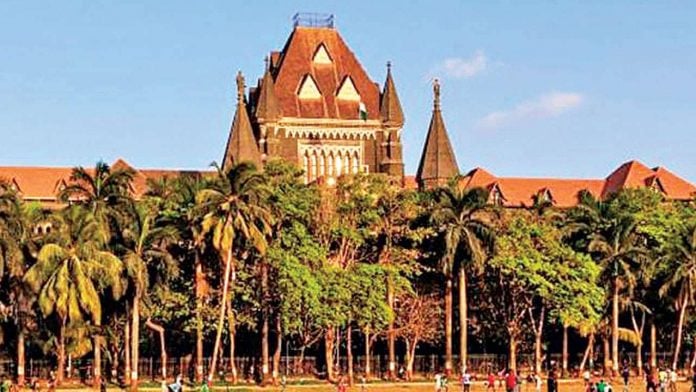The Bombay High Court while considering the important role to be performed by Child Marriage Prohibition Officers, observed it necessary that adequate Child Marriage Prohibition Officers are appointed and strict supervision is conducted as regards the performance of their duties.
The Division Bench of Acting Chief Justice Nitin Jamdar and Justice Arif Doctor while hearing a Public Interest Litigation (PIL) raising various issues regarding implementation of Prohibition of Child Marriages Act, 2006 directed the State Government to submit information regarding the appointment and performance of Child Marriage Prohibition Officers in the State.
The petitioners have made a grievance that the Act of 2006 has been enacted in 2006. The Rules to be framed under the said Act by the State Government as per section 19 of the Act have not been finalised.
The Government Pleader stated that on 21 October 2022, the Maharashtra Prohibition of Child Marriage Rules, 2022 (the Rules of 2022) have been notified.
Section 16 of the Act of 2006 states that the State Government shall appoint, for the whole State, or such part thereof, as may be specified in the notification, an officer or officers to be known as the Child Marriage Prohibition Officer having jurisdiction over the area or areas specified.
Section 16 contemplates that the State Government may also request a respectable member of the locality, or an officer of the Gram Panchayat or Municipality or an officer of the Government or any public sector undertaking or an office bearer of any non-governmental organisation to assist the Child Marriage Prohibition Officer.
Section 16(3) casts duties on Child Marriage Prohibition Officer to prevent solemnisation of child marriages by taking such action, collect evidence for effective prosecution, advise either individual cases or counsel the residents of the locality, create awareness, sensitise the community on the issue of child marriages.
The Child Marriage Prohibition Officer is required to furnish periodical returns and statistics to the State Government.
Rule 4 specifies duties of designated police and special juvenile police unit to assist the Child Marriage Prohibition Officers.
Under Rule 5, any person, organization or educational institution, who has reason to believe that a child marriage has been, or is being, or is likely to be solemnised or the child himself or herself may give information through letter, email or a telephone call or call on child helpline number or in any other form, either in writing or orally to the Child Marriage Prohibition Officer having jurisdiction in the area or any other Child Marriage Prohibition Officer.
Under Rule 6, the Child Marriage Prohibition Officer is empowered to enter into the premises where child marriage is likely to take place or has taken place and make necessary inquiry, demand production of documents, record statements of witnesses, collect evidence and complete every such inquiry within three months.
Under Rule 11, every Child Marriage Prohibition Officer is required to submit a monthly report in the first week of every month in Form III to the District Women and Child Development Officer about the actions taken by him under the Act and the Rules within his jurisdiction.
Rule 12 states that if any Child Marriage Prohibition Officer or District Women and Child Development Officer fails to perform any of his duties specified in the Act and the Rules without having sufficient reasons for non-performance or flouts any order of Court under this Act, then, he shall be subjected to the disciplinary actions under the governing service rules.
Therefore, a conjoint reading of Section 16 of the Act of 2006 and the Rules of 2022 the Bench noted that an important role is to be performed by the Child Marriage Prohibition Officer. It is also mandatory that if he fails to perform his duty, he is liable to face disciplinary action.
In the reply affidavit, the State has given a chart where certain statistics regarding the number of child marriages prevented is presented. The number of child marriages prohibited in the year 2018-2019, 2019-2020, 2020-2021 and 2021-2022 are indicated. However, it is not explained as to how this figure has arrived at.
This being the work of Child Marriage Prohibition Officer, we presume that this information is supplied by the Child Marriage Prohibition Officers. The affidavit is silent on how many Child Marriage Prohibition Officers are appointed by the State Government, whether they have been submitting periodical returns to the State Government as per section 16(f) and Rule 3 of the Rules of 2022.
The State Government shall file additional affidavit placing on record the number of Child Marriage Prohibition Officers who have not submitted periodical returns and what action is taken against them for non- performance of their duties and the source of the data presented in the affidavit as above , the Bench further directed.


